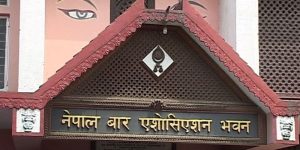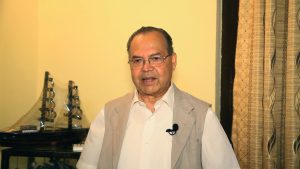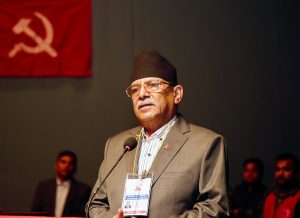Patna — Bihar Chief Minister Nitish Kumar has expelled 16 senior leaders from the Janata Dal (United) (JDU) just weeks before the state assembly elections, citing anti-party activities and internal conspiracy.
According to Indian media reports, the decision was approved by Nitish Kumar himself after multiple leaders were accused of working against official candidates and damaging the party’s prospects. The expelled members include sitting legislators, former ministers, and veteran party figures.
Internal Rift Within the Party
Among those removed are MLA Narendra Neeraj alias Gopal Mandal, Legislative Council member Sanjeev Shyam Singh, former minister Himraj Singh, and former MP Maheshwar Prasad Yadav. Party sources said their actions directly violated the JDU’s election discipline and strategy.
Gopal Mandal was denied a party ticket this year and protested outside the Chief Minister’s residence in Patna. The JDU later allocated his seat to Bulo Mandal, a recent entrant from the Rashtriya Janata Dal (RJD). After being denied a nomination for the fifth time, Gopal Mandal announced his independent candidacy.
Sanjeev Shyam Singh joined Prashant Kishor’s Jan Suraaj Party, while Himraj Singh also filed as an independent candidate. The party leadership accused them of damaging JDU’s campaign image.
Bihar Election Timeline and Alliances
The Bihar Assembly election for 243 seats will be held in two phases — November 6 and November 11 — with vote counting on November 14. The state has an estimated 7.42 crore registered voters.
The election will be a contest between two major alliances. The National Democratic Alliance (NDA), led by the Bharatiya Janata Party (BJP) and JDU, has declared Nitish Kumar as its chief ministerial face.
The ‘Mahagathbandhan’ (Grand Alliance), led by the Rashtriya Janata Dal (RJD), Congress, and left parties, has projected Tejashwi Yadav, 35, the younger son of Lalu Prasad Yadav, as its candidate for chief minister.
Nitish Kumar Faces Political Pressure
Nitish Kumar, known for his long political career and multiple alliance shifts, is seeking a tenth term as Chief Minister. His recent return to the BJP-led alliance after leaving the Grand Alliance has reignited criticism from opponents, who label him “Palturam” — a leader who frequently changes sides for political survival.
Despite the controversies, Nitish Kumar continues to project his image as a governance-focused leader emphasizing development and stability in Bihar. The outcome of this election will determine whether his political strategy can overcome growing dissent within his own ranks.






